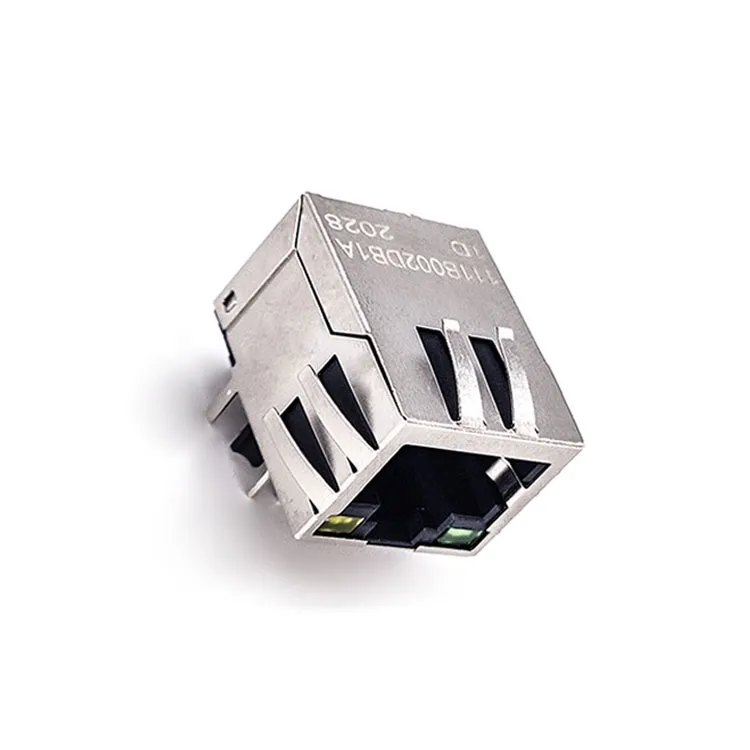The Secret Behind the Round Design of Aviation Connectors: More Than Just Appearance, It’s a Guarantee of Performance
In the aviation industry, every design detail is critical, and aviation connectors, as an indispensable component of an aircraft's electrical system, are no exception. Have you ever wondered why aviation connectors are almost always round? Is there a particular reason behind this design choice? DIMUD will explore the mystery behind the round design of aviation connectors and uncover the considerations that drive it.
- Why Aviation Connectors Are Round
1.1 Structural Stability
The round design of aviation connectors ensures that their structure maintains uniform strength in all directions. This symmetry allows the connector to distribute external pressure evenly, reducing the risk of damage caused by stress concentration.
1.2 Rotational Flexibility
Round connectors can be rotated at any angle, making it easier to connect in tight spaces or environments with complex angles. This enhances the flexibility and reliability of the connection, allowing the connector and socket to align more easily.
1.3 Anti-Disconnection Design
Round aviation connectors are typically equipped with locking mechanisms, such as screw locks or snap locks, to prevent accidental disconnection during vibration or impact. This ensures the stability of the electrical connection.
- The Special Features of Aviation Connectors
2.1 High Reliability
Aviation connectors must meet the demanding requirements of extreme environments, such as temperature extremes, humidity, vibration, and shock. Therefore, their design and material selection prioritize high reliability.
2.2 High Protection Rating
Aviation connectors are often designed with a high IP (Ingress Protection) rating to effectively prevent dust, moisture, oil, and other contaminants from entering. This ensures reliable electrical performance in harsh environments.
2.3 Multi-Contact Point Design
Round aviation connectors often feature multiple contact points inside. This helps to distribute the electrical current and reduce contact resistance, minimizing issues like overheating caused by poor contact.
2.4 Easy Maintenance
The modular design of aviation connectors allows for quick replacement in case of failure, significantly reducing maintenance time and improving aircraft operational efficiency.
- Advantages of Aviation Connectors
3.1 Stable Signal Transmission
In aviation communication systems, the stability of signal transmission through connectors is crucial. Round connectors ensure that flight data is transmitted accurately and reliably.
3.2 Strong Adaptability
Whether for civilian or military aircraft, round aviation connectors can meet the varying electrical system requirements. Their versatility and interchangeability make aircraft maintenance and upgrades more convenient.
The round design of aviation connectors is not just an aesthetic choice; it reflects the high-performance demands placed on them. With advantages such as structural stability, rotational flexibility, and anti-disconnection features, these connectors ensure the safety and reliability of an aircraft’s electrical system. Every detail of their design represents the aviation industry’s relentless pursuit of safety and efficiency. Understanding the technical mysteries behind these connectors not only increases our knowledge but also deepens our admiration for the design and manufacturing of aircraft.
To find products and services more accurately, please try entering keywords for search.
For more product and service content, please contact us and send an email to sales@dimud.com.
We sincerely look forward to connecting with you!


